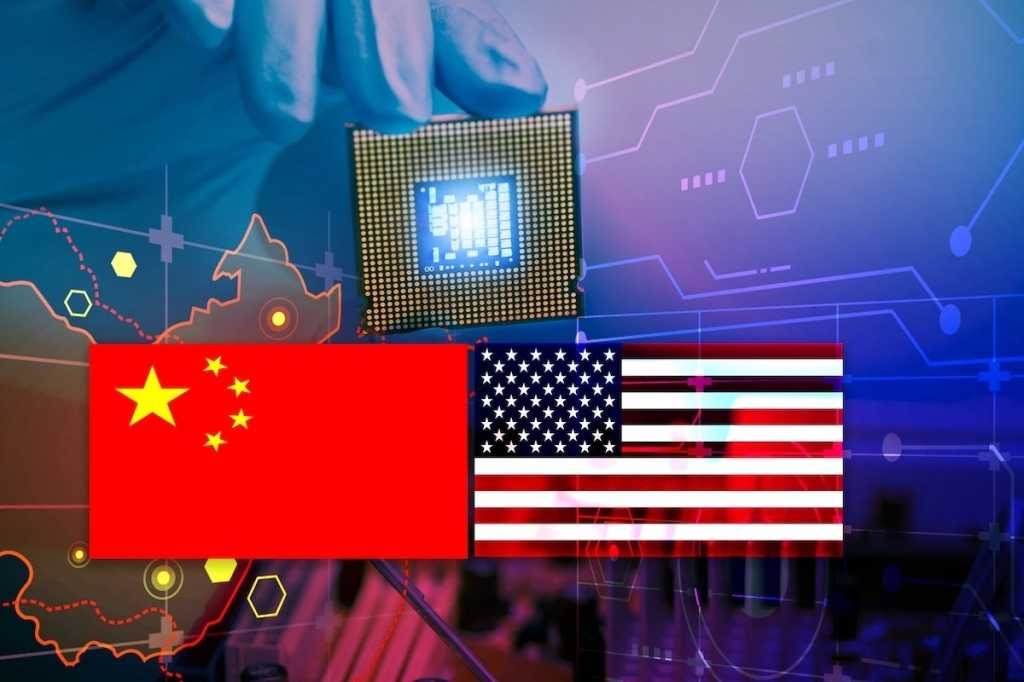“While there is still a significant performance gap between Moore Threads’ offerings and those of global GPU giants, this solution enhancement provides a promising alternative for China’s burgeoning semiconductor market despite ongoing US sanctions,” said Charlie Dai, VP and principal analyst at Forrester. “Strategic partnerships among Chinese tech companies are crucial for building a local AI ecosystem and achieving technology self-reliance amid geopolitical frictions.”
Domestic and emerging markets to benefit
Being on the US Entity List restricts Moore Threads’ access to advanced process technologies. Overcoming this challenge could be difficult, but analysts suggest that the company won’t be out of options for growth.
Galen Zeng, senior research manager for semiconductors research at IDC Asia Pacific pointed out that Moore Threads can cater to the needs of the China domestic market in terms of technology and market strategy, providing special support in areas such as language processing and region-specific algorithm optimization.
“Additionally, Moore Threads can more flexibly offer customized solutions, deeply integrating and optimizing hardware and software according to the specific needs of China customers, which is uncommon among large international competitors,” Zeng added.
If they are able to develop comparable solutions, Moore Threads could also target emerging markets at a lower cost, according to Pareekh Jain, CEO of Pareekh Consulting. This is relevant because one of the biggest concerns for AI companies is the cost and availability of GPUs.
“If Moore Threads can achieve success, there is a huge domestic market that can help them build scale,” Jain said. “And if their performance claims hold true, they could further compete in many emerging markets. This could be similar to how Huawei succeeded in telecom. Western markets might not go for Chinese products, but many emerging markets in regions like Africa, Latin America, and Southeast Asia, could see them as an affordable alternative.”

